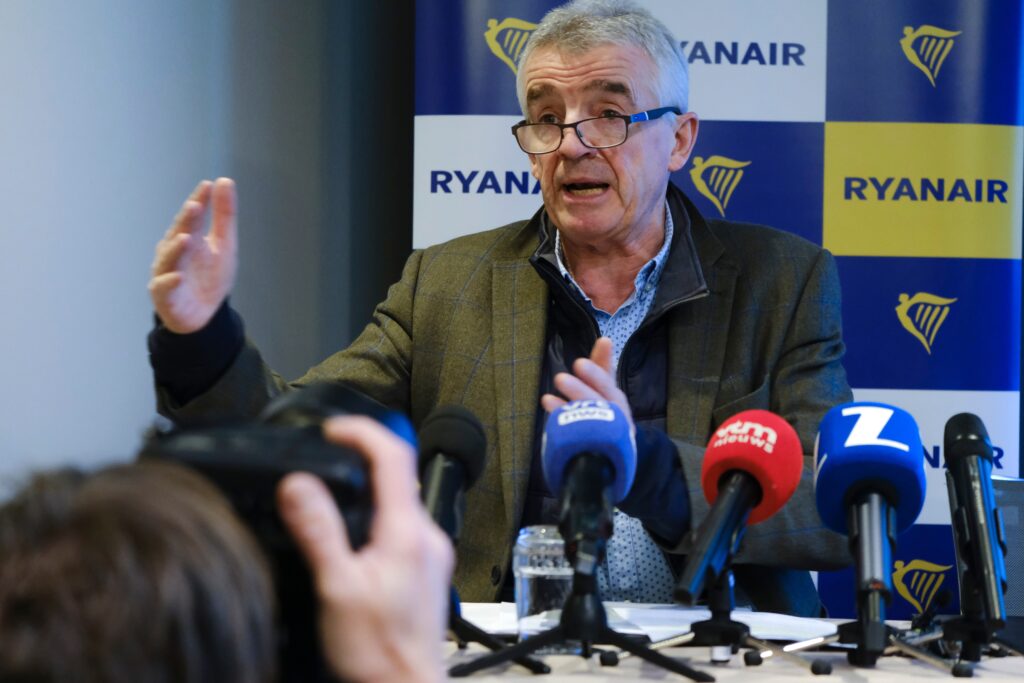Michael O’Leary, Ryanair’s outspoken chief executive, believes Donald Trump’s re-election to the White House will drive down the cost of flying worldwide.
In comments bound to spark controversy among environmental campaigners, O’Leary argued that Trump’s focus on boosting oil and gas output would cut fuel costs and reverse momentum behind “net-zero” initiatives and associated green taxes on aviation.
Aircraft fuel is a key expenditure for airlines—about 30 per cent of total operating costs—and an uptick in taxes or duties has been passed on to travellers, pushing up ticket prices. According to O’Leary, the fading of the “flight shame” movement, championed by campaigners such as Greta Thunberg, further underlines his view that pressure on airlines to pay or pass on higher levies will ease under a Trump administration, ultimately lowering fares for consumers.
The Ryanair boss offered a similarly bullish take on Boeing’s future, after recent meetings in Seattle to assess production of the 737 Max. The US planemaker has suffered a string of quality control setbacks, including fuselage defects discovered at its Wichita, Kansas site, and strikes affecting its workforce. O’Leary said those manufacturing snags appear to be on track for resolution, with Boeing aiming to ramp up monthly production from 32 to 38 aircraft by the end of the year.
Noting that Trump would likely encourage the Federal Aviation Administration (FAA) to “be more supportive of Boeing,” O’Leary struck an upbeat tone about the manufacturer’s prospects. Boeing, which recently posted its second-largest annual loss—$11.8 billion—is pinning hopes on improving its 737 Max output to meet strong airline demand.
Highlighting the aviation sector’s 2.5 per cent share of global carbon emissions, O’Leary sees minimal risk of increasing environmental taxes if Trump returns to the Oval Office. Environmental groups, however, warn that slowing efforts to curb emissions could worsen the climate crisis and push additional carbon reduction demands onto other parts of the economy.
Despite these debates, Ryanair continues to bank on cheaper fuel and reduced regulatory costs as catalysts for lower fares and further expansion. As the industry charts its path from pandemic recovery, O’Leary’s predictions reflect a widespread airline hope—that less pressure around environmental levies will help them keep fares low, sustain passenger demand, and remain profitable.


